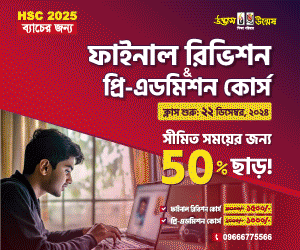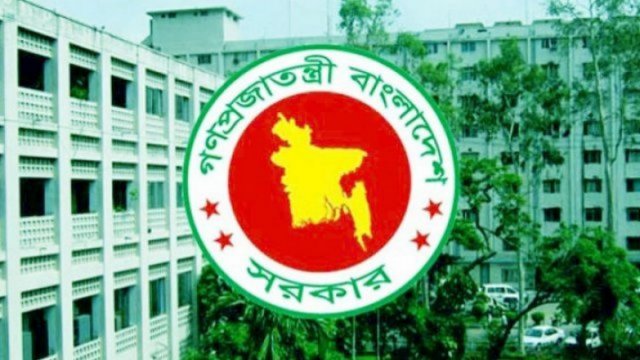Environment, Forest, and Climate Change Adviser Syeda Rizwana Hasan today called for taking urgent actions to address lead and heavy metal poisoning, terming it a "silent crisis".
Reaffirming the government's commitment to work with all stakeholders to eliminate lead poisoning by 2040, she said a comprehensive action plan should be taken to identify and check the major sources of toxic metal exposure in Bangladesh.
The environment adviser made the remarks while speaking as the chief guest at a national workshop titled "Lead-Free Bangladesh: How Do We Get There?" at the BICC in the city.
Highlighting the need for robust data, she said nationally representative information on lead exposure is essential for effective policy-making.
Rizwana thanked UNICEF and the Bangladesh Bureau of Statistics (BBS) for their support to tackling contamination sources and advancing evidence-based interventions.
Marking the International Lead Poisoning Prevention Week, the Ministry of Environment, Forest and Climate Change in collaboration with UNICEF organised the workshop with a view to deepening understanding of the impacts of heavy metals on health, particularly on children, and to engage both government and private stakeholders in addressing this critical issue.
Studies presented during the event revealed alarming blood lead levels among children across Bangladesh, indicating exposure risks from air, water, soil, food, and products like paints and cookware.
Rapid industrialisation has intensified lead contamination, with young children most vulnerable to its devastating effects on cognitive and physical development.
A recent UNICEF-supported research, conducted by IEDCR and icddr,b, showed detectable blood lead levels in all children tested in districts like Dhaka, Khulna, and Sylhet.
Recognising this, Bangladesh Bureau of Statistics, with UNICEF and USAID funding, will include blood lead level testing in the upcoming MICS 2024-2025 survey to generate critical data for policy reform.
UNICEF reiterated its commitment to a multi-sectoral response, calling for stronger laboratory capacity to monitor heavy metals. The Partnership for a Lead-Free Future aims to eliminate childhood lead poisoning by 2040, uniting resources to create a safer environment for all children.
Chaired by Environment Secretary Dr Farhina Ahmed, the function was addressed, among others, by Statistics and Informatics Division Secretary Md Mahbub Hossain, BBS Director General Mohammed Mizanur Rahman and Additional Secretary of the ministry Dr Fahmida Khanom.
source: bss







